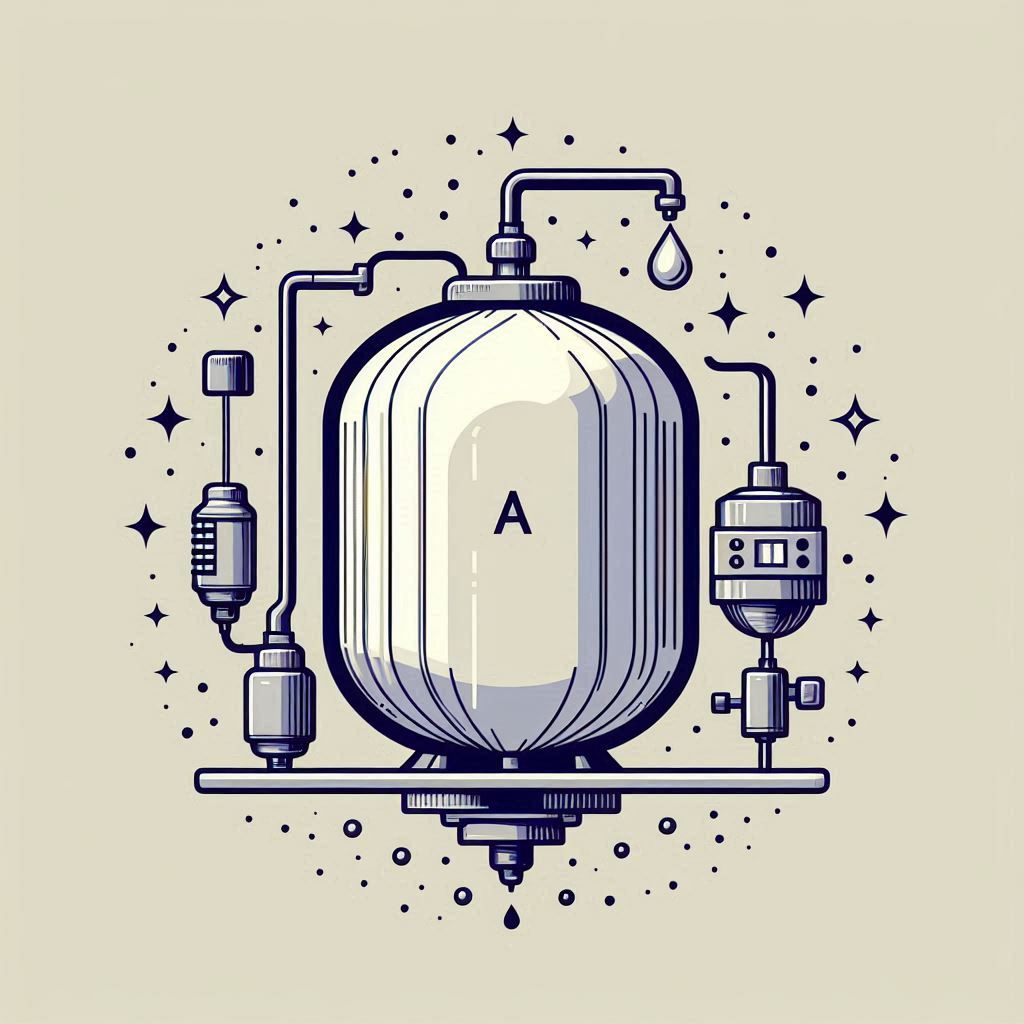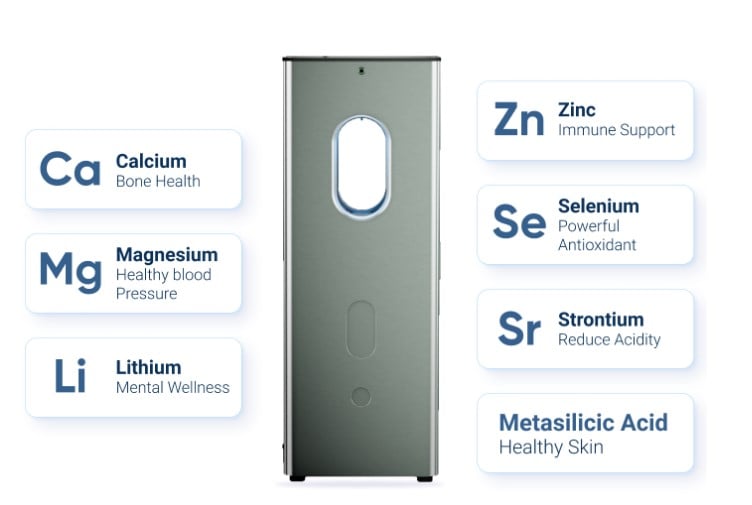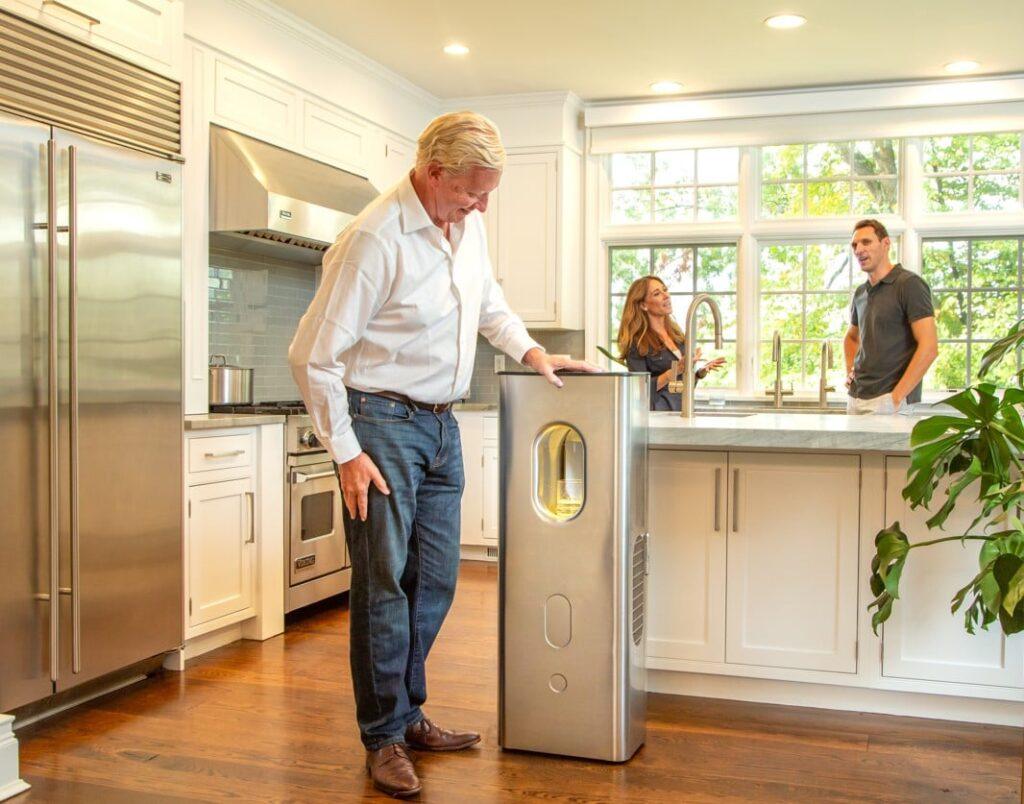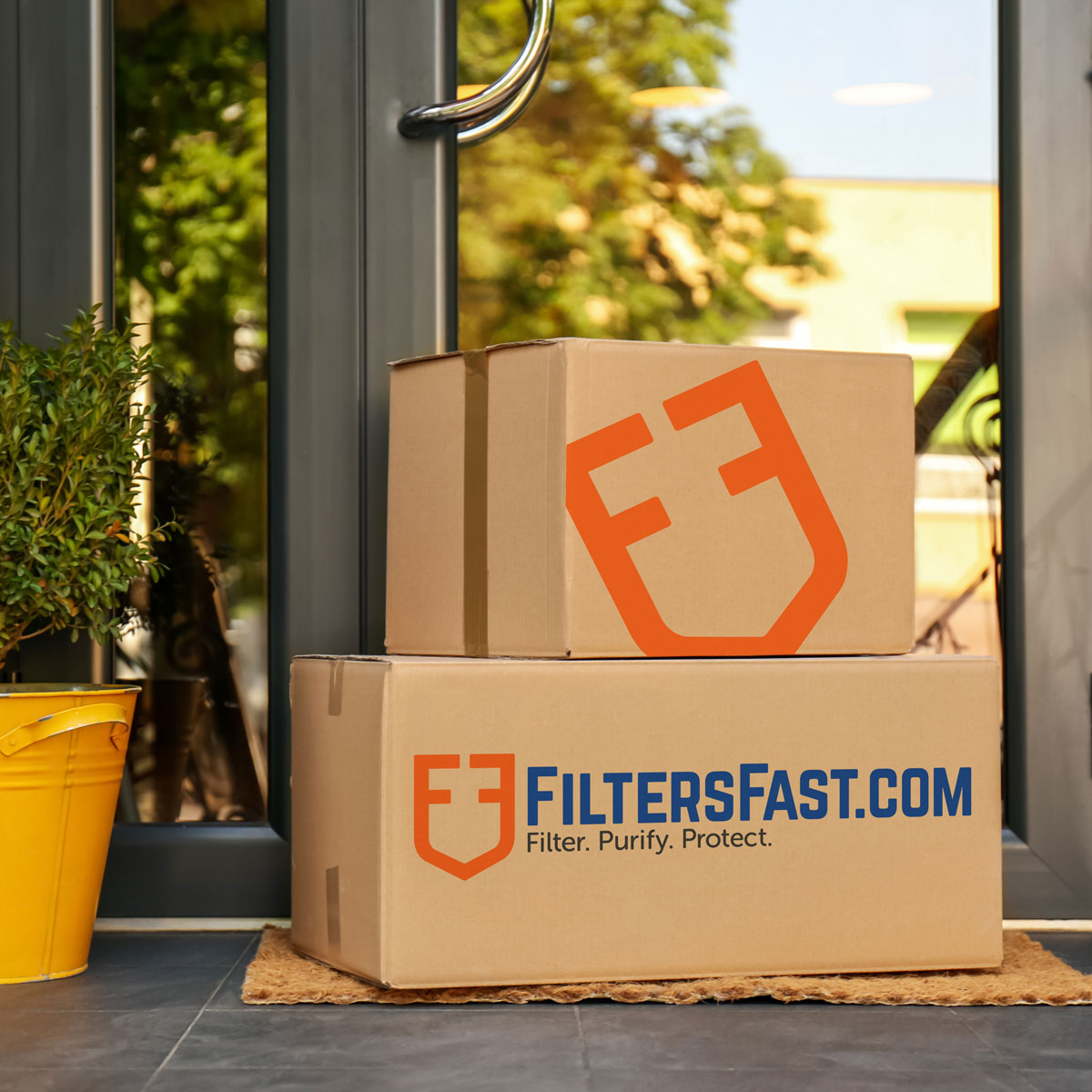
Budget-friendly water filters are quite the lifesaver for folks who want cleaner water without breaking the bank. These types of filters usually get the job done by using basic materials like activated carbon or ceramic, which are good enough for removing common contaminants. You won’t find fancy features here, but what you do get is a solid performance at a reasonable price.
Now, with budget filters, the materials and methods are pretty straightforward. You’ve got your carbon blocks, pitcher filters, and faucet attachments that are easy to set up and use. They’re perfect for everyday use and usually take care of chlorine, some sediments, and strange tastes lurking in tap water. They might not blitz every germ out there, but they are effective for basic purification needs.
There are some pros and cons, though. On the plus side, the cost savings are significant, and the maintenance is usually affordable. You just replace the filter now and then. However, they might not last as long or filter as thoroughly as those pricey premium ones. So, for someone who just needs basic water filtration and isn’t too picky, budget-friendly options work pretty well.
If you’re wondering where to find these wallet-friendly marvels, brands like Brita and PUR are well-known for their affordable and reliable products. They’ve got a range that caters to different needs, whether you’re looking for something for your whole home or just a simple pitcher to sit in the fridge.
User experiences with these filters are generally positive, especially among folks who weren’t too fussy but wanted a good bang for their buck. Sure, some people have hiccups like the occasional slow filtration speed or the need to replace filters more often, but overall, many users find these budget filters to be a solid solution for their everyday water filtering dilemma.

Exploring Premium Water Filters
Premium water filters really stand out with their advanced technology and impressive performance features. They’re not just about the basics of removing impurities; they often go a step further with multi-stage filtration that tackles everything from heavy metals to certain pharmaceuticals. Think of them as the all-in-one superheroes of the filtration world.
In terms of features, these high-end models might come with reverse osmosis capabilities, UV purification, or even remineralization to add healthy minerals back into the water. The goal here is to deliver water that’s not just clean but fresh-tasting and beneficial for your health. They excel in providing safe drinking water that rivals even bottled options.
Investing in premium options has its clear perks. Yes, the upfront expense might be higher, but these filters typically have a longer lifespan and produce higher-quality water. Plus, for those concerned about the environment, high-quality filters often lead to less waste because they last longer and sometimes even include eco-friendly components.
Brands like Berkey, Aquasana, and Culligan dominate the premium sector. They’re renowned for their top-tier products that combine innovation with durability. Customers often report higher satisfaction levels thanks to these filters’ reliable performance and the added peace of mind they offer.
Feedback from users who have taken the plunge is generally enthusiastic. They appreciate the taste, consistency, and peace of mind when it comes to water quality. While they might spend a bit more initially, the payoff is clear, especially for families or those with specific filtration needs.
For individuals or families looking for not just any clean water but the best possible option on tap, premium filters offer an appealing solution. They’re ideal for those who prioritize health and are prepared to invest a little more for future health benefits.

Factors to Consider: Is Premium Worth the Extra Cost?
Deciding between a budget and a premium water filter isn’t just about the price tag—it’s about understanding what exactly you’re getting for your money. Let’s break down the factors that could tilt the balance one way or the other.
One key aspect is the cost over time. Budget filters might save you money upfront, but if you have to replace them frequently, those costs can add up. In comparison, a premium filter might have a higher initial price, but with long-lasting components, the investment could balance out in the long run.
Next, we have quality and performance. Premium filters often boast superior filtration, removing a broader range of contaminants. If you’re someone with health concerns or if high-quality water is a priority, the extra spend might be worth it. Think of it like this: you’re not just paying for filtration but also for peace of mind when it comes to water safety and health.
For those eco-conscious individuals, the environmental impact is another factor. Some premium filters are designed to reduce waste with longer-lasting cartridges, meaning fewer replacements and less waste. If reducing your carbon footprint is key, a premium filter could align with your green goals.
Don’t forget about practical considerations like ease of use and maintenance. Typically, premium models might offer user-friendly designs and often come with better support from manufacturers. If convenience is a factor, it’s worth considering how much time and effort you’re willing to invest in maintenance.
Ultimately, the best choice hinges on your lifestyle and priorities. Families with children, health enthusiasts, or even avid home cooks might lean toward premium options, while those just seeking basic purification might find budget filters perfectly adequate for their needs.

Making Your Choice
Deciding on the right water filter can feel like a bit of a maze, but focusing on your specific needs helps steer you in the right direction. Let’s talk about some real-life examples: Jane, a health-conscious mom, opted for a premium reverse osmosis system to ensure the purest water possible for her family. Meanwhile, Mark, a city dweller on a budget, found that a simple carbon-based faucet filter met his needs perfectly, cutting down on costs without sacrificing all-important cleanliness.
So, what should you take away from all these options? Well, it’s all about striking the right balance between your needs, budget, and goals. Budget-friendly filters work well for straightforward filtering, while premium ones cater to those desiring a finer touch of purity and taste in their water. That’s why understanding your priorities is key to making the best choice.
When would a budget filter suffice? If your main concern is improving the taste of water, and you’re not dealing with major contamination issues, sticking with a cost-effective solution is smart. However, if water quality is a major worry or you have specific health needs, those extra dollars spent on a premium filter could be very well invested.
Ready to explore your options further? Head over to FastFilters.com. They’ve got a range of filters for every budget and requirement. You’ll find everything from basic pitchers to advanced filtration systems there, making it easier to find something that suits your style.
I’d love to hear your thoughts, questions, or even your water filter success stories. Drop a comment or a question about which water filter has worked for you, and we’ll keep this conversation going!

-Honestly, I think my dad’s water filter needs to be replaced at his house; seems like there’s less pressured water readily available each time I use it.
-I would agree- at this time- regarding the initial investment of water filters in the premium category v.s. those in the budget-friendly class; buying the more expensive ones will (usually) lead to not having to pay for repairs so frequently as opposed to starting off with a cheaper one that can break down on you at any point in time.
-Great article; good to see information like this. Take care,
ALEJANDRO G.
Hi Alejandro, thanks for your thoughtful comment! It does sound like your dad’s water filter might be due for a replacement—reduced water pressure can definitely be a sign of a clogged or aging filter. I completely agree that investing in a premium water filter can often save money in the long run by reducing repair and replacement costs. I appreciate you taking the time to read the article and share your insights. Take care!